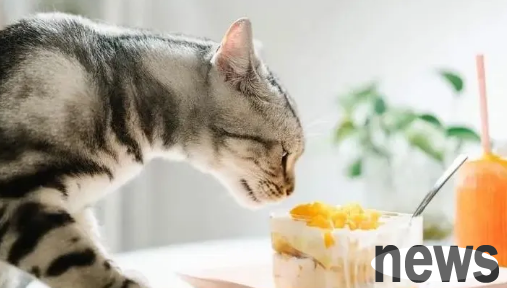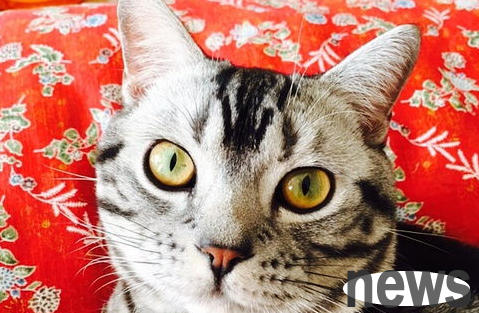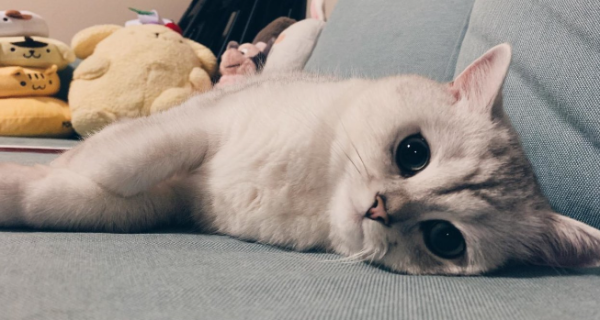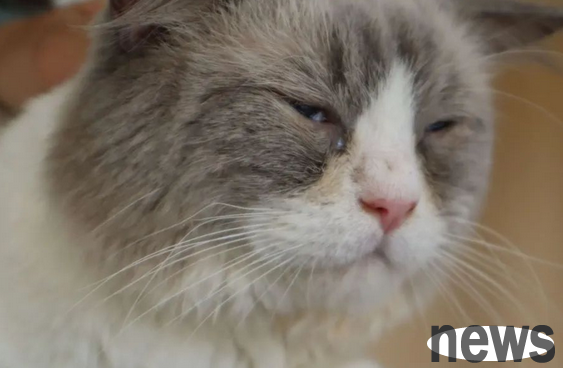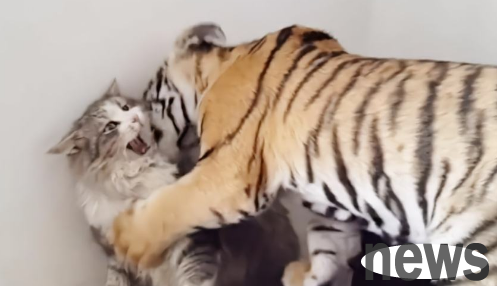What should you pay attention to when feeding cats?
There is no need to have food in the cat bowl all the time. Free food supply (also known as free feeding) is a common feeding method, but it is not suitable for all cats. Some cats may overeat, resulting in weight gain or other health problems. Therefore, it may be more suitable for certain cats to control the amount of feeding regularly and establish a fixed feeding time. It is best to determine the appropriate amount and feeding time based on the cat's weight, age and activity level, and the veterinarian's advice. At the same time, you need to pay attention to the following situations when feeding cats.

Food choice: Choosing high-quality and balanced cat food is the key to ensuring cat health. The ingredients of high-quality cat food should include high-quality proteins such as meat, poultry or fish, as well as appropriate amounts of fat, vitamins and minerals. Avoid cat foods containing fillers, artificial pigments and preservatives, which can negatively affect cat health. In addition, check the shelf life of cat food regularly to ensure the freshness and safety of cat food before consumption. Choosing cat foods that are suitable for cats’ age, weight and health can help them stay healthy and energetic.
Control intake: It is very important to control daily food intake based on the cat's weight, age and activity level. Overfeeding can lead to obesity and other health problems such as diabetes, joint problems, etc. Generally speaking, adult cats need to consume a moderate amount of cat food every day, while kittens and pregnant cats need more nutrition. It is recommended to feed according to the instructions on the cat food packaging and adjust the appropriate amount according to the cat's body shape and activity level. Meanwhile, measure the cat's weight regularly to ensure it stays within a healthy range.
Fixed feeding time: Establishing a fixed feeding schedule is very important for controlling cats' eating habits. Regular feeding can help cats establish regular eating habits and avoid excessive eating or picky eating. It is usually recommended to feed the cat regularly two to three times a day, with the time intervals of each feeding being about equal. In addition, if you have multiple cats at home, make sure each cat has its own food bowl to avoid the problem of competing for food.
Supply enough water: It is very important to ensure that your cat has clean fresh water for drinking at all times. Water is crucial to the health of cats and can help digest food, maintain body temperature, eliminate waste from the body, etc. Therefore, change the water regularly and make sure the basin remains clean to avoid the growth of bacteria and contaminants. In addition, avoid placing the water basin near the cat litter box or food basin to avoid contamination.
Pay attention to food spoilage: Regular cleaning and changing food containers are important steps to ensure cats’ health. Residual food and bacteria in food containers may cause food to deteriorate or be contaminated, which will affect the health of your cat. It is recommended to clean the food container every day and replace it regularly to keep the food container clean and hygienic. Additionally, choose easy-to-clean food containers and avoid damaged or burnt containers to reduce the possibility of bacterial growth.

Observe eating habits: Closely observing cats' dietary habits and weight changes is the key to maintaining their health. If a cat starts to lose appetite or gain too fast weight, it may be necessary to adjust the amount of feeding or food type. It is recommended to weigh your cat regularly and make corresponding adjustments based on weight changes and dietary habits to ensure that it maintains a healthy weight and nutritional state. If there are any unusual changes, seek medical treatment in time.
Restrict human food: Avoid giving cats human food, especially foods that contain chocolate, grapes, onions, etc. that are harmful to cats. These foods can cause poisoning or digestive problems, and in severe cases can even lead to life-threatening. For cat health and safety, make sure to give only food designed specifically for cats and consult your veterinarian regularly for nutritional advice.
Seek veterinary advice: If your cat experiences loss of appetite, digestive problems, or other abnormal symptoms, consult your veterinarian promptly for professional advice and treatment. These problems may be signs of health problems and need to be diagnosed and treated promptly to ensure the health of the cat. Regular health checks are also an important means of preventing and early detection of potential health problems.
When feeding cats, proper diet management is one of the keys to ensuring their health and well-being. By selecting the right high-quality food, controlling your food, providing fresh water, and observing your eating habits, you can help your cat maintain an ideal weight and nutritional state. In addition, regular inspection of food containers, restricting human food and regular medical examinations are also important steps to ensure cats’ health. Staying in touch with a veterinarian and keeping an eye on your cat’s health will help you become a responsible cat owner and provide them with the best quality of life.







